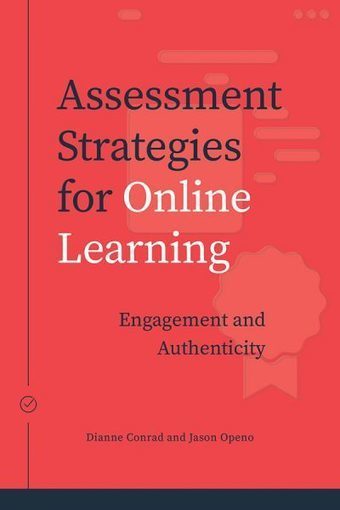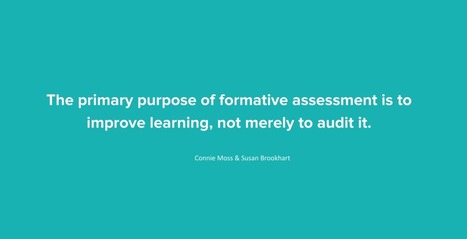
|
Rescooped by Gilbert C FAURE from iGeneration - 21st Century Education (Pedagogy & Digital Innovation) |

Boitumelo Dlamini's curator insight,
June 11, 2021 2:08 PM
This how learners get to integrate with ICT
Sign up to comment



 Your new post is loading...
Your new post is loading...












